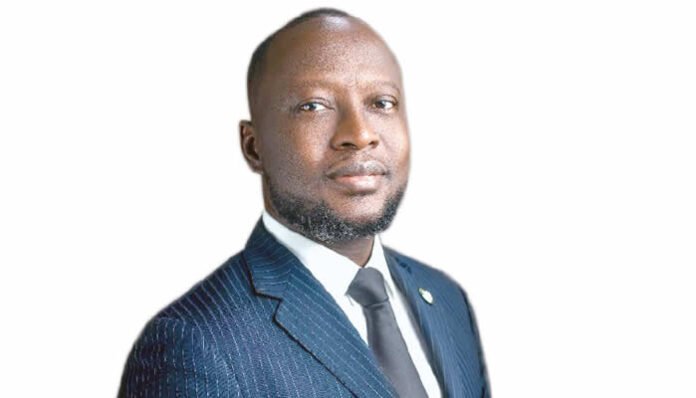The Managing Director/CEO of the Lagos Waste Management Authority, Dr. Olumuyiwa Gbadegesin, said the state aims to raise its waste recycling rate from 8–10 per cent to 25–30 per cent within five years as part of its push for a sustainable circular economy.
Gbadegesin gave the hint in Lagos at the 2025 Annual Lecture and Awards organised by the Property and Environment Writers Association of Nigeria.
At the annual lecture themed ‘The Place of Waste Management in Relation to the Lagos State Government’s THEME+ Agenda and Air Quality Management in a Megacity like Lagos: Challenges and Policy Framework’, Gbadegesin emphasised that modern waste management goes beyond disposal, serving as a driver of economic value and environmental sustainability.
“Our current recycling rate is between eight and 10 per cent, and we are pushing to achieve 25 to 30 per cent over the next five years,” he stated.
Gbadegesin outlined Lagos’ strategy to build a 21st-century materials economy, one that shifts waste from being a cost centre to a value-generating sector.
According to him, central to this plan is the development of an integrated Transfer Loading Station and Materials Recovery Facility network, embedded with performance-based contracts to ensure throughput and waste diversion.
He explained that the system would support micro, small, and medium-sized enterprises in collection, sorting, organics processing, and logistics, thus fostering entrepreneurship and green jobs.
“A modern waste system is a materials economy: it converts a disposal cost into recoverable value, supporting MSMEs in collection, sorting, organics processing, and logistics.
“Africa’s circular economy potential represents $7.6bn annually in recoverable resources not currently collected, demonstrating significant economic opportunity. The state’s concessionary pathway explicitly re-routes high-volume streams through TLS-MRF, creating predictable feedstock for recovery and a platform for private investment and green jobs.
“We are commissioning the TLS/MRF network to specification and embedding throughput and diversion covenants in operator contracts,” he said.
The Chairman of the occasion and a former Lagos Commissioner for Physical Planning and Urban Development, Toyin Ayinde, stressed the need to reconsider societal attitudes toward resource utilisation.
Comparing Nigeria’s nine per cent recycling rate to the 29 per cent in developed nations, Ayinde called for a paradigm shift in how Nigerians view waste.
Ayinde encouraged Nigerians to see waste as a resource and emphasised the role of human values in reducing waste generation.
“The more value we create, the less waste we generate,” he concluded.
Also speaking, the General Manager of the Lagos State Environmental Protection Agency, Babatunde Ajayi, emphasised the agency’s focus on air quality, vehicle emissions, and chemical handling in order to improve life and the value of property.
He noted that proper monitoring, enforcement and advocacy have helped in reducing the environmental challenges in Lagos.
![]()










